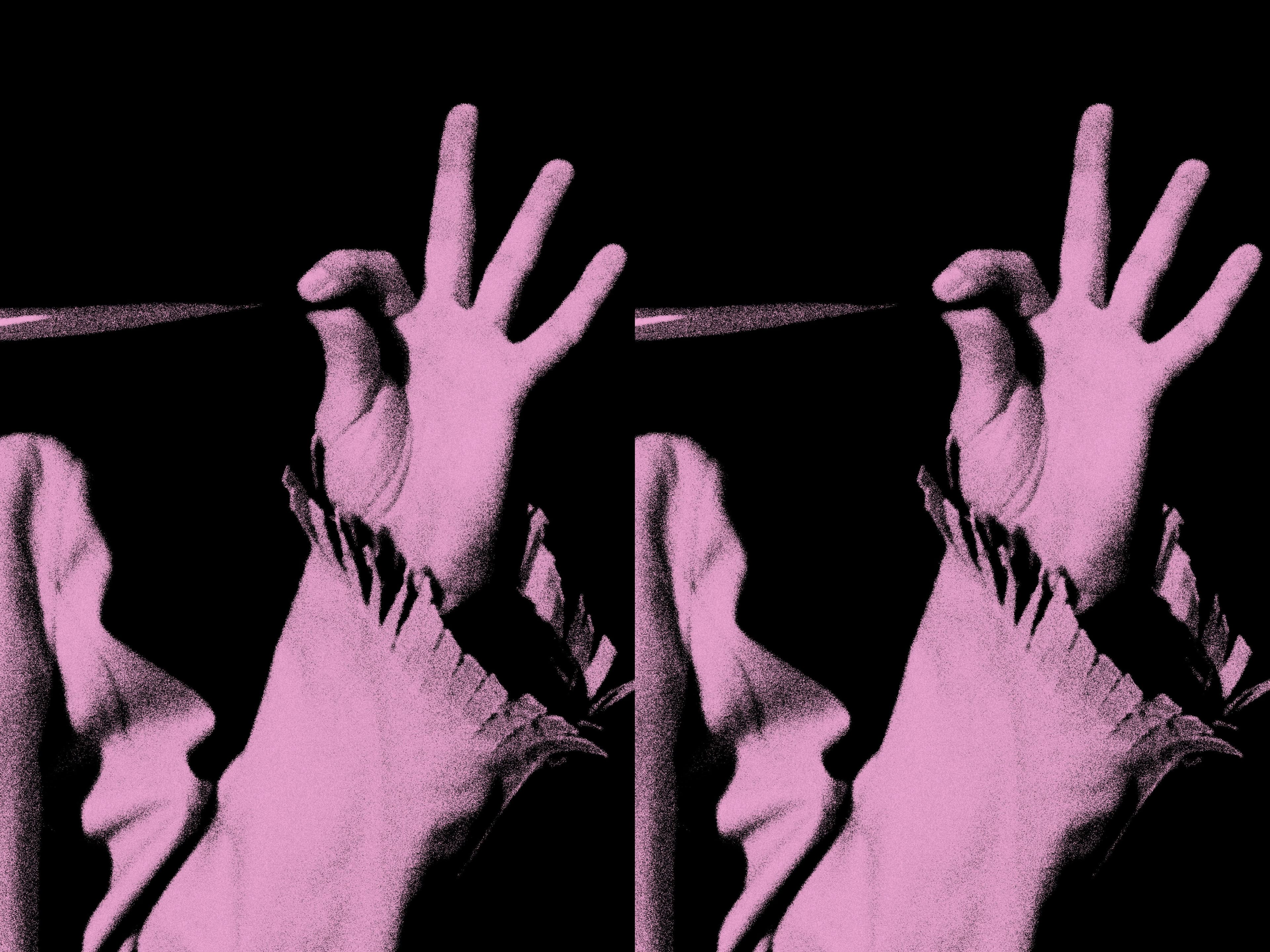
Nick Robinson Wants to Know More
For much of this fall, the top two shows on Netflix both offered, with vastly different approaches, biting critiques of modern-day capitalism, bringing into focus the desperation of those who find themselves on the less fortunate side of the widening wealth gap. One was a vivid and violent Korean thriller about a series of children’s games reimagined with deadly stakes, and the other an incisive and revelatory character study of a single mother struggling against the punishing bureaucracy of the welfare system. With its striking visual design, copious violence, and memeable moments, it was perhaps no surprise that Squid Game was one of the most talked-about shows of the year, but the enduring popularity of Maid is reflective of its emotional honesty and powerful performances. “The people that have reached out to me the most are women, and specifically mothers, which I think is really great to see,“ says Nick Robinson, who plays Sean, the ex-boyfriend of Margaret Qualley’s central figure Alex. “I feel like if moms are watching this and really feeling like they’re wrapped up in the story and they’re invested, that’s a great sign. I think that means we hopefully did our job.“
Based on Stephanie Land’s memoir about her months spent scraping by to care for herself and her young daughter on a combination of housecleaning jobs and tenuous government support after escaping an abusive relationship, Maid is a sharply realistic depiction of a system that, as Robinson says, is “designed to wear you down to the point where you just give up and don’t ask for assistance.“ After spending her first night sleeping in her car, Alex is told by a social worker that housing assistance requires a job, which requires subsidized daycare, which requires proof of employment, one of the many impossible hurdles the government imposes. When she does find a job with Value Maids, she is warned that working too many hours a week will disqualify her from receiving benefits while still leaving her far from able to afford basic necessities. “I hope that it can dispel some of the myths around poverty and welfare,“ Robinson says about the show. “There are a lot of misconceptions around welfare and the social safety net. People think that folks are just living off of these fat government checks but it doesn’t really work like that. The systems are designed to be confusing and contradictory.“
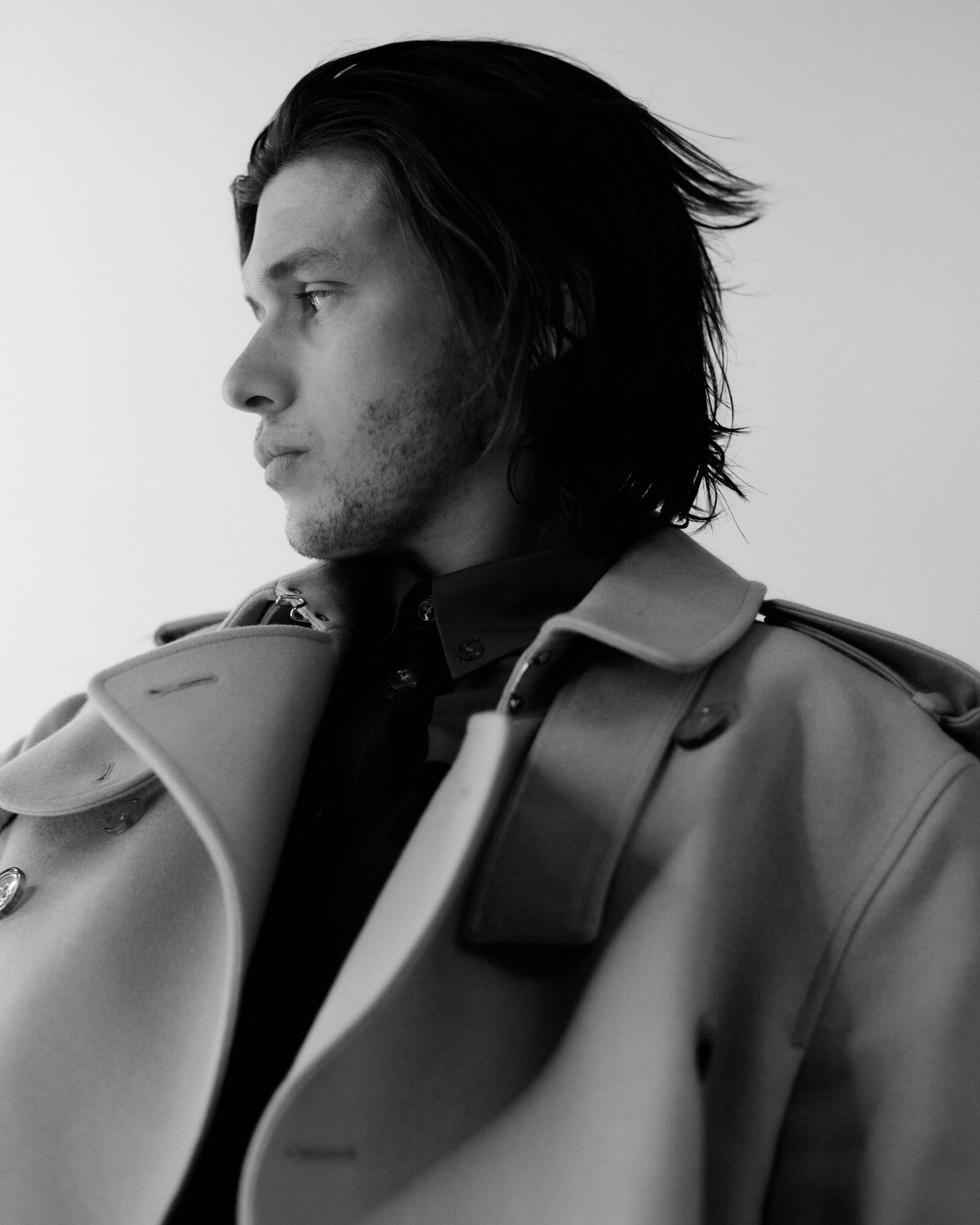
As Alex struggles to find any sense of stability, encountering setback after setback, Sean, whom Robinson describes as the “biggest villain in Alex’s life,“ wrestles with his own demons. An alcoholic who makes his living as a bartender, he displays flashes of rage and fury—as on the night Alex flees after he drunkenly punches a hole in the wall of their trailer—while remaining steadfastly devoted to his daughter. “One of the show’s biggest strengths is that every character is complicated and multidimensional and contradictory and frustrating and charming and terrible all at once,“ Robinson says. “It’s this big jumble of humanity.“ Without defending Sean’s behavior, he adds that he understood the character in a new light after the director John Wells explained to him that Sean was “somebody who had been taking care of other people his entire life,“ trapped by circumstance in a situation he can’t escape. “I also think that he is someone who can’t ask for help,“ Robinson elaborates. “He doesn’t know how to ask for help and has been modeled a certain set of behaviors by his parents that he unfortunately falls back into. It just turns out to be this cycle of poverty and trauma that is just being passed down from generation to generation and he is the latest inheritor of this terrible heirloom.“
Alongside her journey out of poverty, Alex also begins to come to terms with the true nature of her relationship with Sean. After insisting in the first episode that he hasn’t abused her, she eventually comes to realize that the term encompasses so much more than just physical violence. For Robinson, inhabiting the role of Sean required him to understand that he is driven by his love for both Alex and their daughter Maddy, even if has “a perverse way of showing it.“ Some of the most gratifying responses he has received since the show’s premiere have come from women who have re-examined their own pasts in a new light after watching. “I’m seeing people stand up and be like, ’Wow, this show helped me realize that I was in an abusive relationship,’ or, ’It was abuse, it was not my fault,’ and that has been really amazing to see,“ he says, selecting both the National Domestic Workers Alliance and the National Coalition Against Domestic Violence as the recipients for proceeds from direct sales of this magazine.
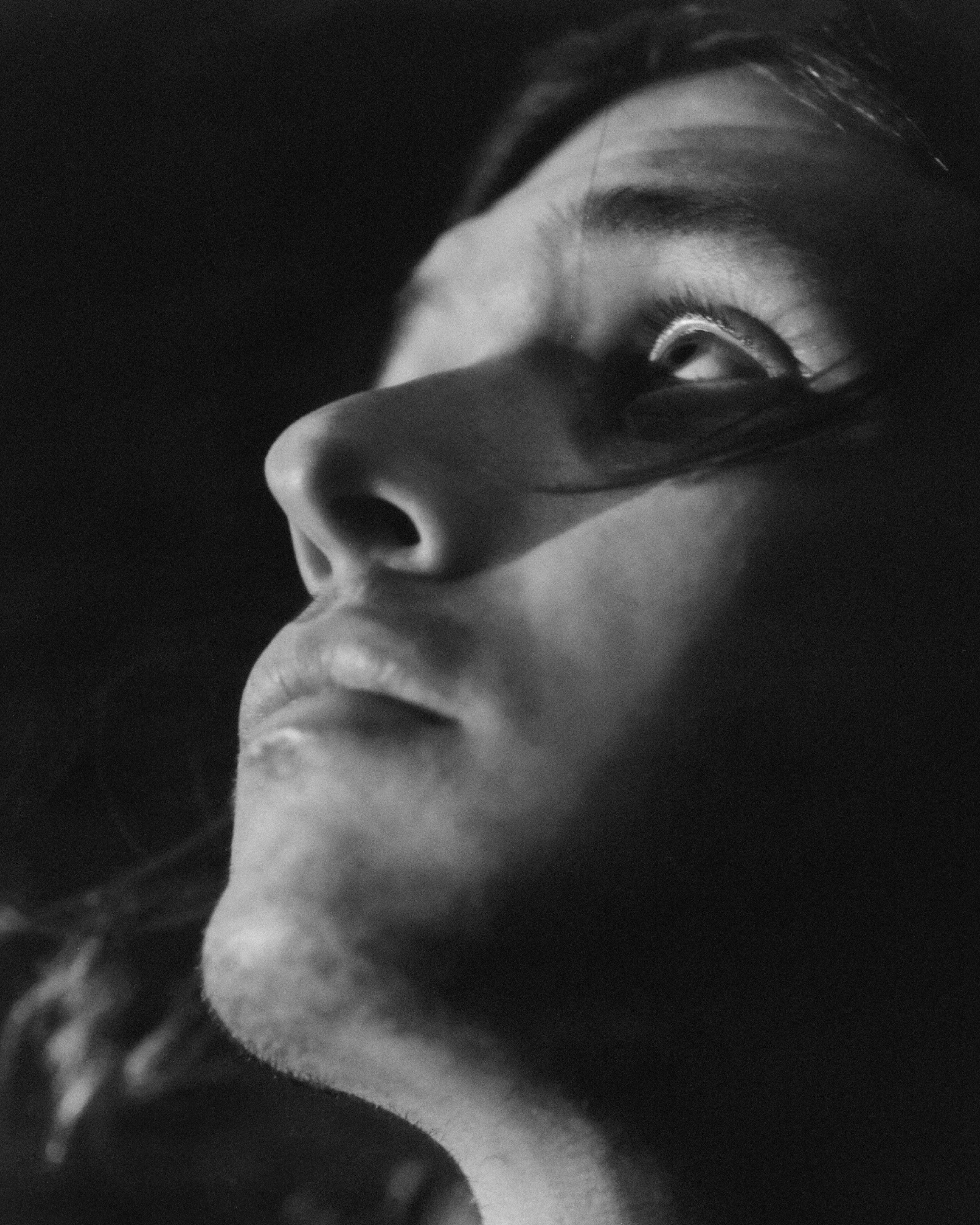
A native of Seattle, the 26-year-old Robinson says that he cherished the opportunity to tell a story set in the Pacific Northwest, with its towering forests and imposing mountain ranges, for the first time in a career that has ranged from the indie hit The Kings of Summer and the blockbuster Jurassic World to the groundbreaking Love, Simon and last year’s acclaimed miniseries A Teacher. Filming on Vancouver Island, just across the closed border from his childhood home, was both comforting and disconcerting. “I could ride my bike to the coast and literally a quarter mile away was the Washington coastline. It was the Olympic Peninsula right there with all the mountains,“ he recalls. “I could basically see Seattle but I couldn’t go visit. It was this weird mix of being home but also being homesick, where it’s familiar but it’s also so far removed from actually being back in the place I grew up.“
With its focus on Alex and Sean, Maid elevates a demographic rarely depicted with such nuance onscreen while balancing precisely between educating and entertaining. The obstacles they face are soul-crushing at times, but the show also captures the little joys of life, offering up hopes that are often, but not always, dashed. “There is an irony in a bunch of actors getting together to tell a story about working-class, poor people that was not lost on me,“ Robinson admits, “but I think that everyone on the show came in with a desire to learn.“ After nearly two years of pandemic-induced unemployment, food insecurity, and widespread economic malaise, the struggles of the “working poor“ have become vastly more visible, now impossible to deny or ignore.
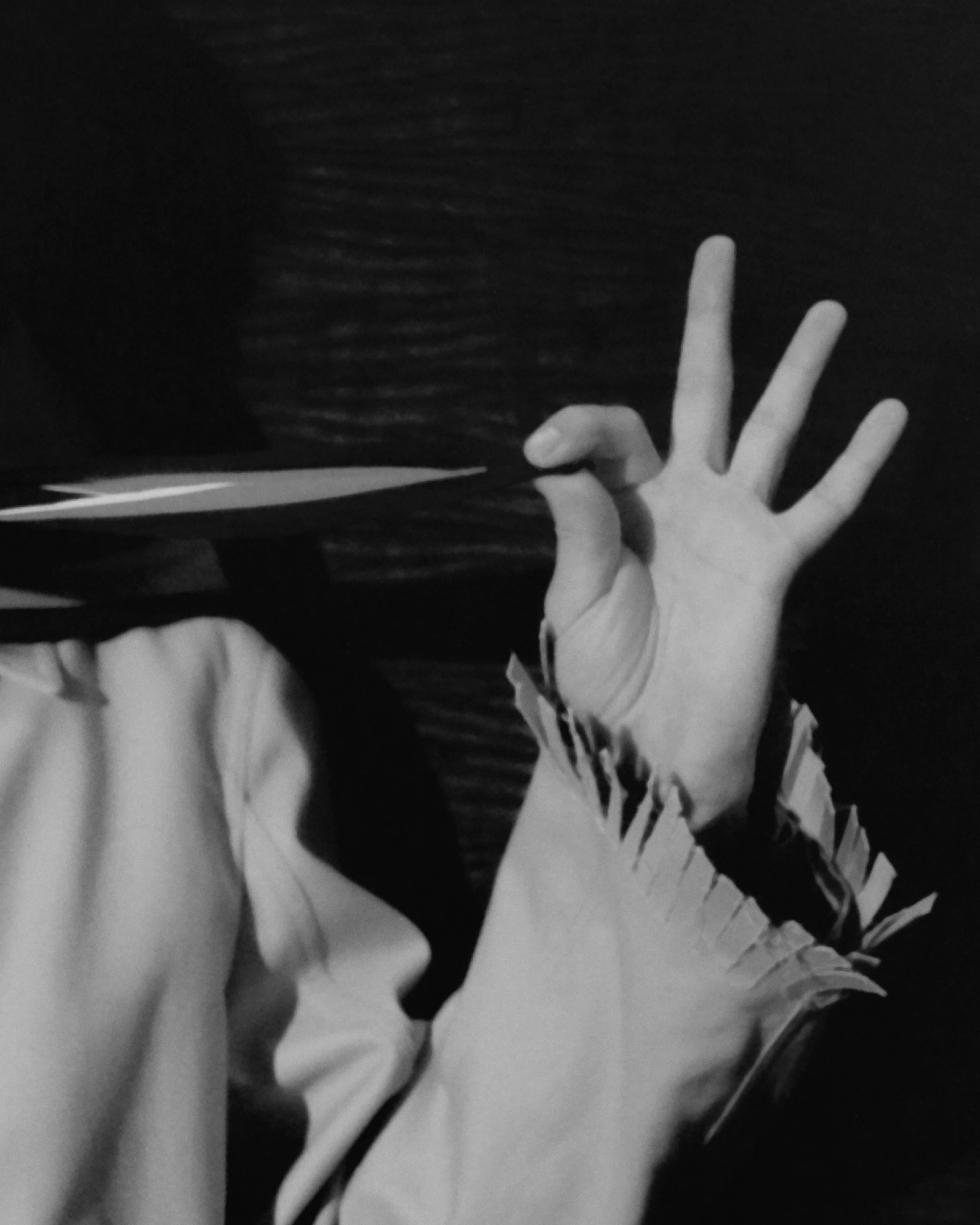
A number of Robinson’s recent projects have displayed a similar interest in surfacing underrepresented perspectives. In A Teacher, he played a high school senior who is groomed and seduced by his English teacher, with the show focusing less on the tawdry details of the scandal than on the lasting scars his character endures in a rare depiction of adolescent male trauma. For the 2018 film Love, Simon, Robinson starred in the first major studio production to center around a gay teenage romance. “The reaction to the movie was so powerful and inspiring and it just felt like it really had this cultural moment, especially among LGBTQ+ circles,“ he explains. “It was just so gratifying to see that.“ In the years since, he has taken a producer role on the Hulu sequel series Love, Victor, which follows another gay student, played by Michael Cimino, whose religious family is significantly less accepting than Simon’s was. “I was up to continue the story and to tell it not just through Simon’s eyes, which is the POV of a privileged white cisgender guy, but to try to tell this story, the coming-out story, through someone else’s completely different experience,“ Robinson adds, “and try to broaden the inclusiveness and vision of the movie to as many more POV’s and experiences as possible.“
Now at a turning point in his career—“anything but high school,“ he jokes when asked about what he is looking for next—Robinson is clearly a young actor who is not afraid to push himself in new directions. Early last year, he was making his Broadway début as Jem in Aaron Sorkin’s adaptation of To Kill a Mockingbird before the industry shut down, reprising a role he had performed as a youth in Seattle—under the same director, Bartlett Sher. “To play the same role with the same director fourteen years later was just one of those moments that you can’t really make up,“ he laughs. “It was just life fucking with you at that point. It just felt so meant to be.“ When the show, along with the rest of the live performance industry, went on hold in the wake of Covid-19, Robinson eventually found his way to Maid, but says that his truncated experience back on stage was reinvigorating. “Theater was where I first started acting as a kid and it just felt like something that I really wanted to revisit,“ he adds, “for the challenge of it and also to explore a different medium of acting and to see if it reawakened something in me from my childhood or relit a fire.“
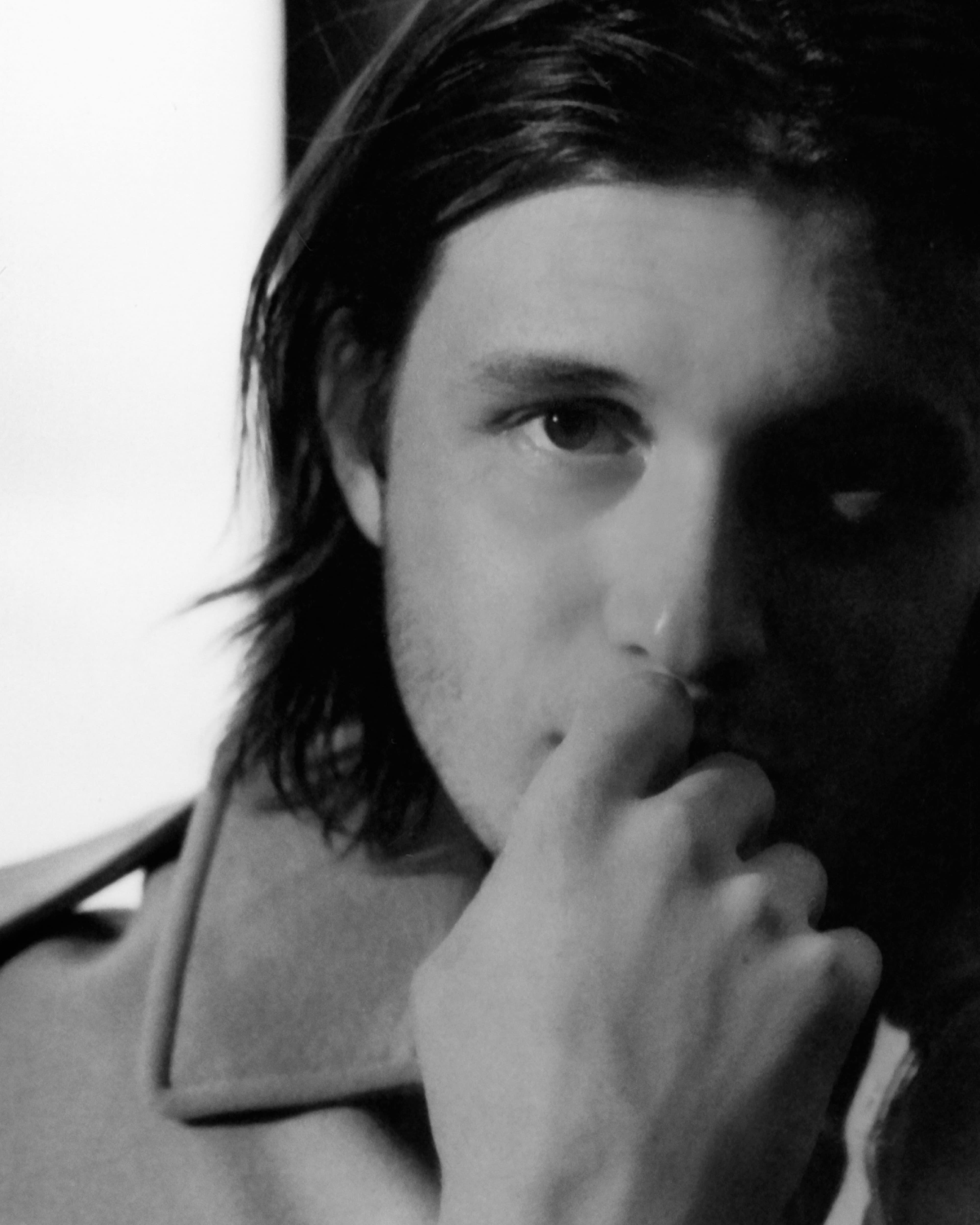
For Robinson, the success of Maid, which has already picked up a number of awards nominations, has reinforced his desire to use his platform as an actor to uplift others, both those who have rarely recognized themselves represented onscreen and those who are encountering these stories for the first time. “The show touches on a lot, so it’s been really powerful to see what people take away from it,“ he notes, pointing to everything from its revealing depictions of the enervating cycles of poverty to its honest account of emotional and mental abuse. “There have been people that have reached out and stuff has been trickling in about people’s own personal experiences watching the show and how it touched them or moved them or made them feel seen or empowered. All of that’s been great.“
Maid is now streaming on Netflix. Read this story and many more in print by preordering our third issue here.


As a nonprofit arts and culture publication dedicated to educating, inspiring, and uplifting creatives, Cero Magazine depends on your donations to create stories like these. Please support our work here.






